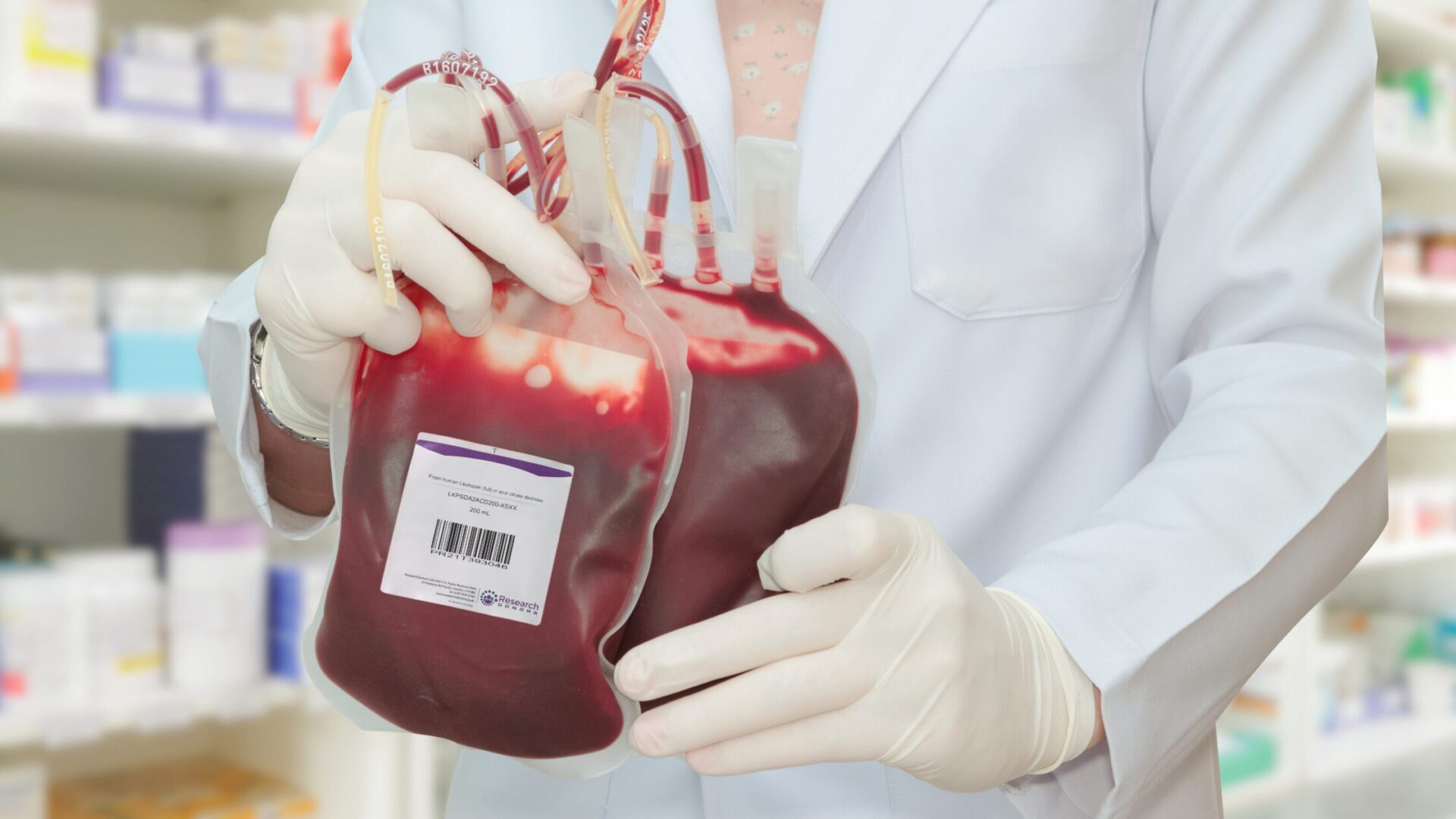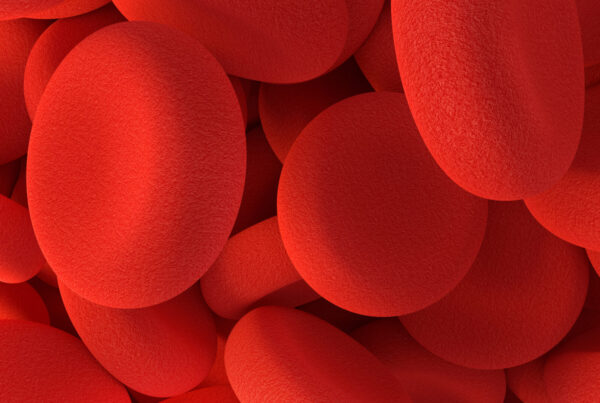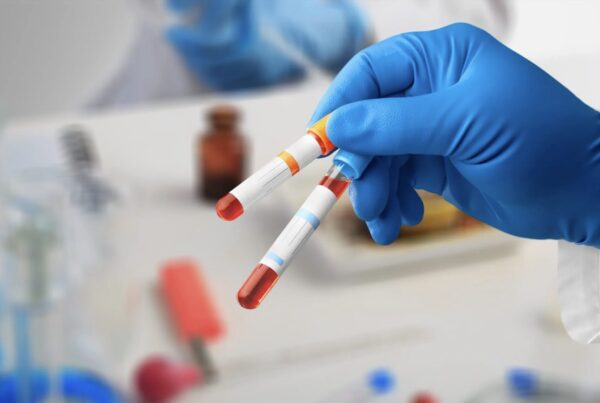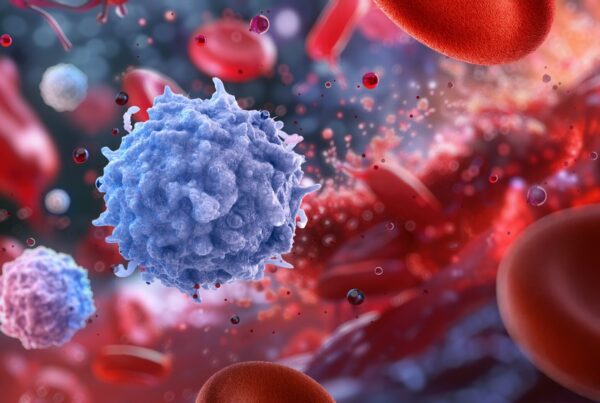Selecting the best source of blood products for your research
When planning a study that requires fresh blood products, selecting the right source is critical to achieving reliable results. Researchers have three main options:
- National and regional public collection services
- Internal donors within your organisation
- Specialist commercial suppliers
Selecting the right source of blood samples for research is not straight-forward. Each option comes with its own set of advantages and limitations. Below, we examine these sources in detail to help you make an informed choice for your research needs.
National and regional public collection services
Public voluntary donation services across Europe collect blood, organs, and tissues for clinical use. When blood is deemed unsuitable for transfusion, it is often released for research purposes, making it a valuable source of whole blood for research, plasma for research, and leukocyte reduction cones. These biospecimens can be used in various applications, but they are limited in blood sample consistency and flexibility. While this option is widely available, there are several factors to consider:
Pros
- Availability of various blood samples for research, such as whole blood, plasma, and leukocyte cones.
- Low-cost option for research purposes.
Cons
- Limited control over collection and processing:
Public donation services use devices designed for transfusion, which offer minimal flexibility in collection vessels, anticoagulants, and processing protocols. This lack of control can affect assay results.
- Donor characteristics:
Researchers cannot pre-select donors based on criteria such as age, BMI, or medication use. This lack of specificity may impact studies requiring strict donor attributes.
- Inconsistent supply:
Blood biospecimen availability is tied to clinical demand, making it difficult to ensure consistent delivery timelines.
- Ethical considerations:
Donors give general consent for research, but specific consent for genetic or commercial applications may not be covered.
Key takeaways
National services are a low-cost option, but their lack of flexibility and reliability may pose challenges for certain studies.
Internal donors within your organisation
Using internal donors—such as colleagues—can be a convenient way to source fresh blood products. However, this approach is not without its challenges.
Pros
- Rapid delivery:
Blood can be used immediately after collection, ensuring maximum freshness.
- Cost-effective:
Minimal costs associated with sourcing samples.
Cons
- Limited donor pool:
Small organisations may struggle to meet diversity and volume requirements, particularly for studies requiring specific donor characteristics.
- Ethical concerns:
Robust anonymisation processes are required to protect donor privacy. Additionally, internal donors must provide informed consent and waive IP rights.
- Processing burden:
Labs must process samples in-house, which requires expertise, time, and resources.
- Inconsistent collection protocols:
Reliance on internal volunteers may lead to variability in collection and processing methods, affecting data quality.
Key takeaways
Using internal donors can be a cost-effective and rapid method to source fresh blood products. However, internal donations may limit the diversity and volume of human biospecimens. For more specific needs, such as PBMC isolation or human PBMC cells, this option might not always provide the level of quality required for advanced studies.
Specialist commercial blood collection suppliers
Specialist commercial suppliers offer a wide variety of blood products for research, including whole blood, PBMCs, plasma for research, and buffy coats. They excel at PBMC isolation from whole blood, providing high-quality PBMC samples and enabling PBMC separation protocols that are essential for immunological assays and biomarker discovery. Suppliers can customize collection and processing to meet the exact needs of your research, ensuring you receive the highest quality biospecimens for biomarker discovery and immunology research.
Pros
- Reliable supply:
Guaranteed delivery of fresh blood products, often within the same day or 24 hours of collection.
- Customisable donor criteria:
Large donor pools allow researchers to select samples based on specific characteristics such as age, ethnicity, medication history, and blood group.
- Wide range of formats:
Options include whole blood, PBMCs, buffy coats, plasma, and more, often processed to your specifications.
- Ethical compliance:
Donors provide explicit consent for a range of research applications, including genetic and commercial studies.
- Protocol flexibility:
Suppliers can customise collection and processing to meet your exact needs, ensuring consistency and quality.
Cons
- Higher cost:
The added benefits of flexibility and reliability come at a premium.
Key takeaways
For researchers with precise requirements, specialist suppliers provide unparalleled quality, consistency, and flexibility, making them worth the investment.
Securing the right source of fresh blood products
Selecting the best source of blood products depends on the unique needs of your research:
- If cost is a primary concern, public collection services may suffice, though their limitations in flexibility and consistency should be noted.
- For small-scale, immediate projects, internal donors offer a low-cost and rapid solution, provided ethical safeguards are in place.
- For studies requiring high-quality, specific, and consistently available samples, specialist commercial suppliers are the optimal choice.
To ensure reliable results, partner with a trusted supplier that can deliver the quality and consistency you need. If you’re interested in learning more about specialist solutions, contact one of our distributors to discuss your project.






